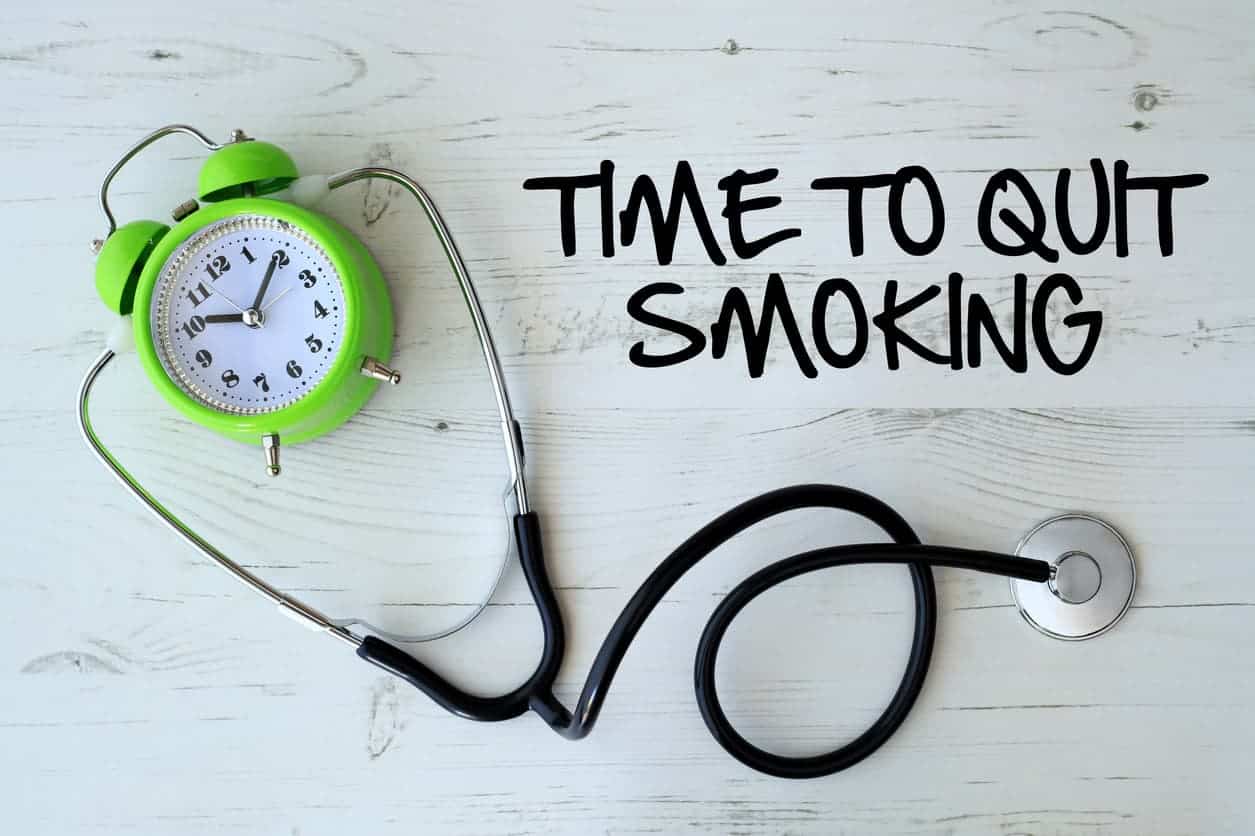The American Cancer Society’s annual Great American Smokeout, a day when millions of Americans are urged to quit smoking and begin a healthier life free from tobacco, is Nov. 19.
About 32.4 million American adults still smoke cigarettes, and smoking remains the single largest preventable cause of death and illness in the world. Smoking causes an estimated 480,000 deaths every year, or about 1 in 5 deaths. And more than 16 million Americans live with a smoking-related disease.
COVID-19 has many people feeling stressed, alone, or worried about their health. It’s a lot to deal with if you’re trying to stop smoking or stay smoke-free if you used to smoke. But not smoking (or using any tobacco products) is one of the best ways to protect and improve your health.
It’s Always a Good Time to Quit
“The COVID pandemic reminds just how important our health is, especially our lung health. Anytime is a good time to quit smoking, says Diahann Wilcox, DNP, APRN, Tobacco Treatment Specialist at UConn Health. “Individual face to face office appointments or virtual appointments for smoking cessation counseling are available.”
There has never been a better time to quit smoking. If you are thinking about or have returned to smoking, recommit to living without cigarettes. Quitting is not easy for most people, but there are things you can do to protect yourself and others during the COVID-19 pandemic:
If you want to quit smoking but don’t know where to begin, or if you’ve tried to quit in the past with little success, the Smoking Cessation Program at the Neag Comprehensive Cancer Center has the expertise and resources to provide you with the support you need.
“Freedom from Smoking Program” is a seven-week program that prepares smokers to quit, provides proven techniques, and offers personalized support.
To quit smoking UConn Health recommends these five steps:
- Pick a quit date
Consider choosing the Great American Smokeout on Nov. 19 as your quit day. Don’t give up. If you had a slip or started to smoke again because COVID-19 is stressing you out, set a new quit date and try again. It takes most people many tries to quit for good.
- Prepare to quit
Think about the reasons why you want to quit and write them down. For motivation post your list where you will see it every day.
- Know your resources
Talk to your provider about different quitting aids to consider, including over-the-counter nicotine replacements. Also, explore and join a local smoking cessation program.
- Build support
Let your family, friends, and co-workers know you are trying to quit so they can help encourage you.
- Anticipate challenges
Less than five percent of smokers are able to quit cold-turkey. If you are having trouble start using a smoking tracker to record each cigarette you smoke and to better understand your smoking triggers so you can better prepare for them. Also, plan for how to address the people, situations, and events that may trigger your urge to smoke.
Focus on the things you can control. COVID-19 has created a lot of uncertainty. Try to focus on what you can control right now instead of getting caught up in worrying about what’s next. Practicing mindfulness may help you stay focused or get through an urge to smoke.
COVID-19 has not stopped the Freedom from Smoking Program which is now virtual. Contact the Smoking Cessation Program at the Carole and Ray Neag Comprehensive Cancer Center at 860-679-5184 if you are interested in participating in a free virtual group program.



